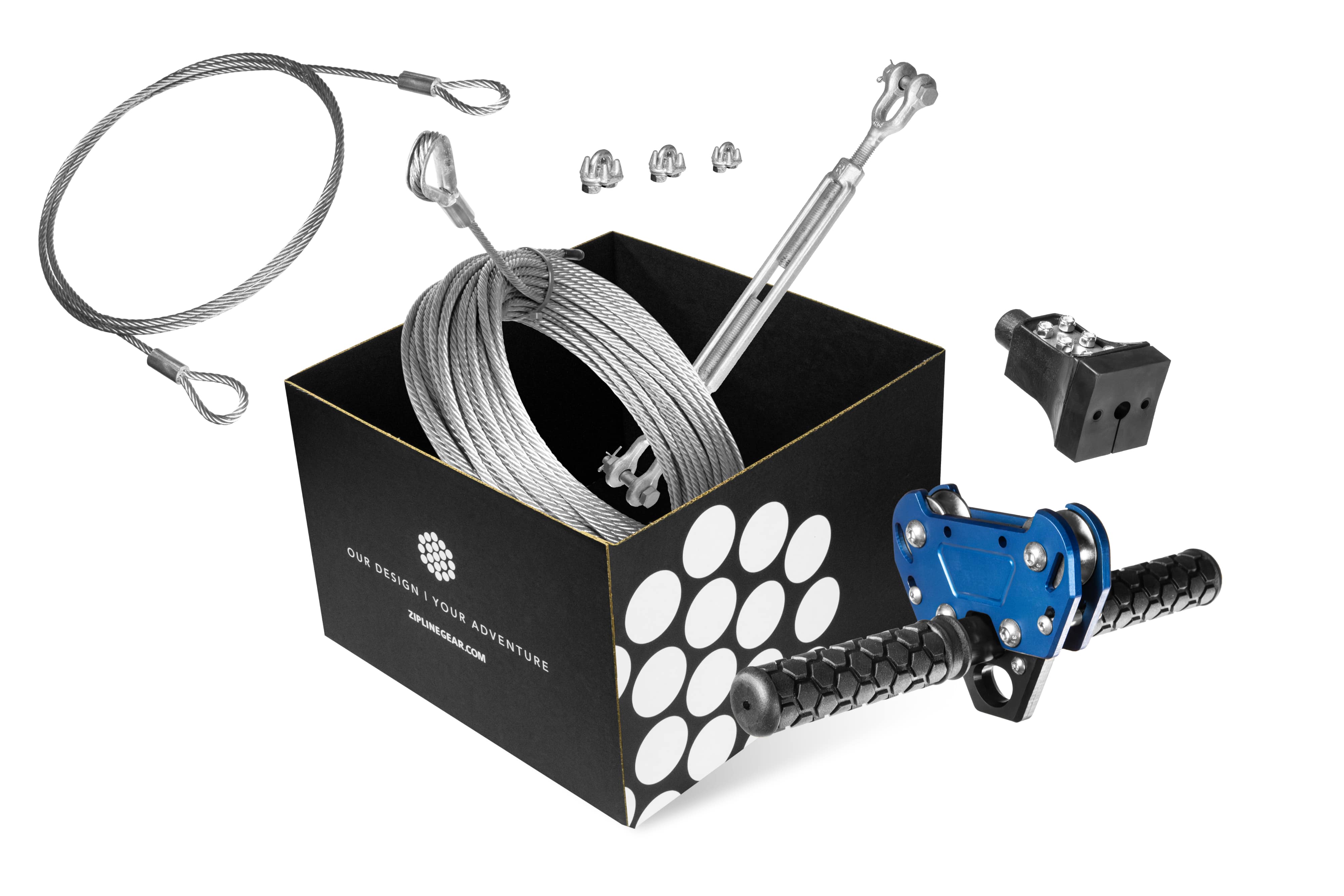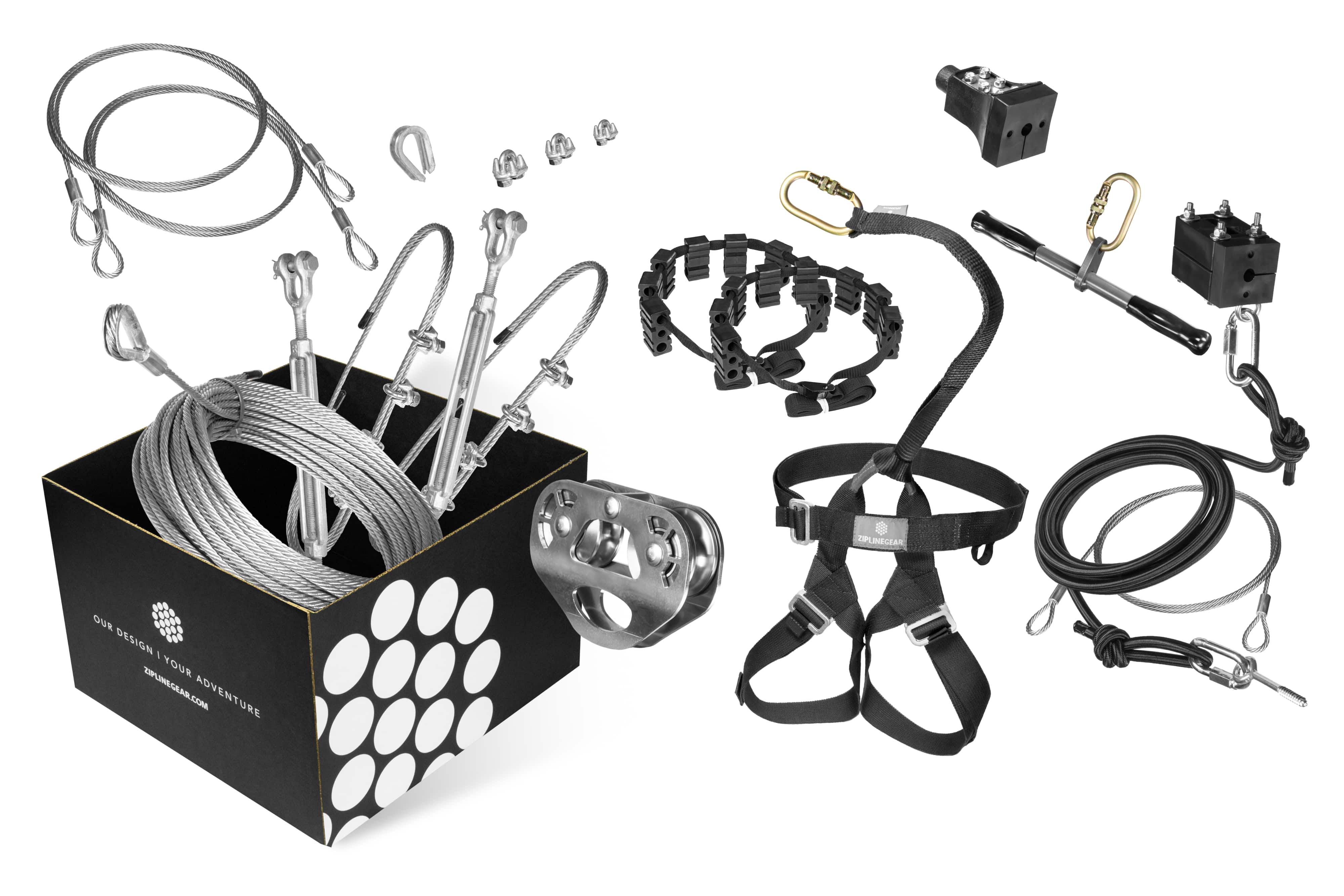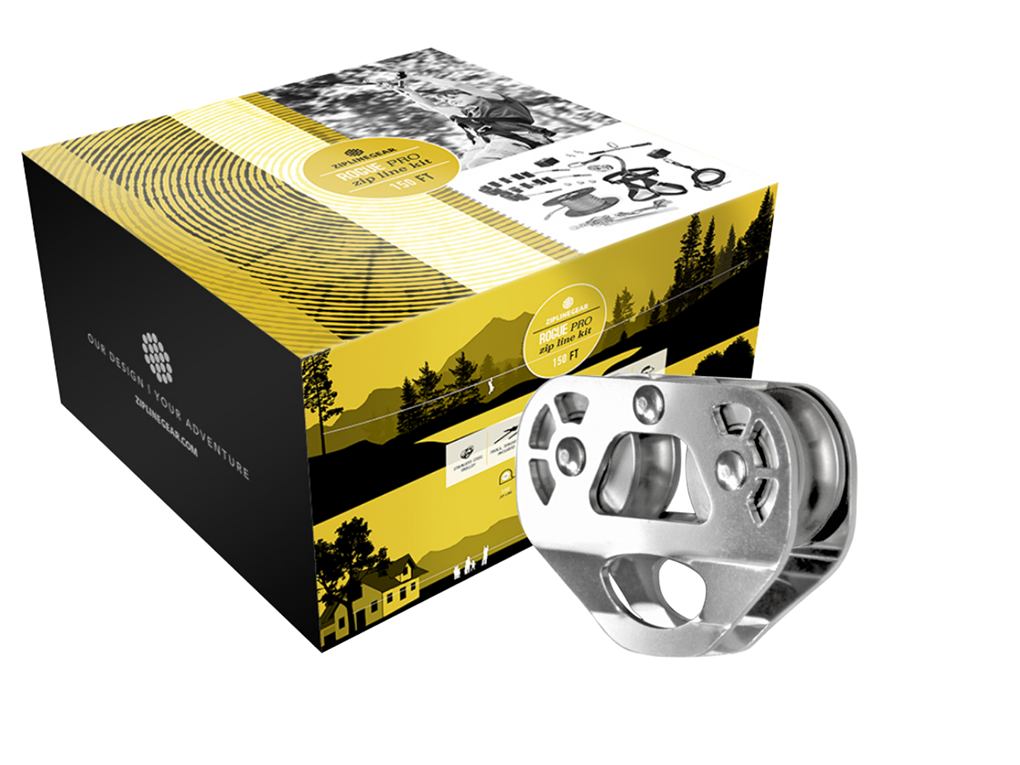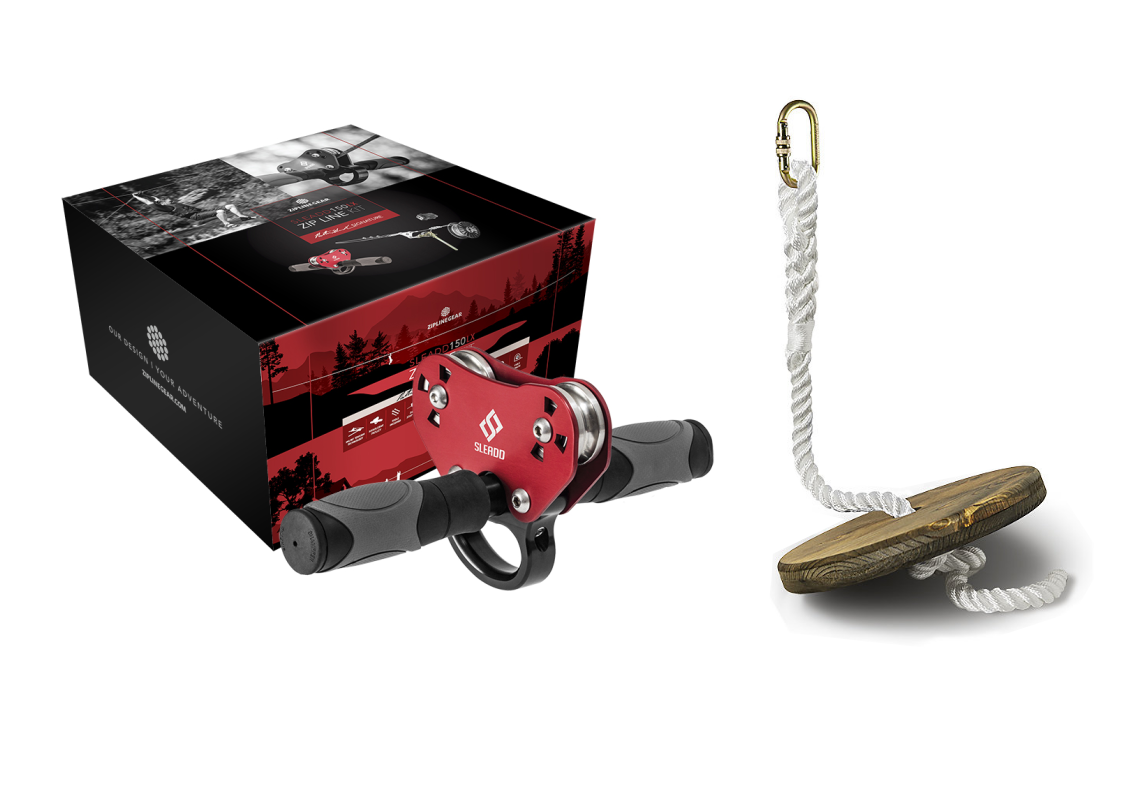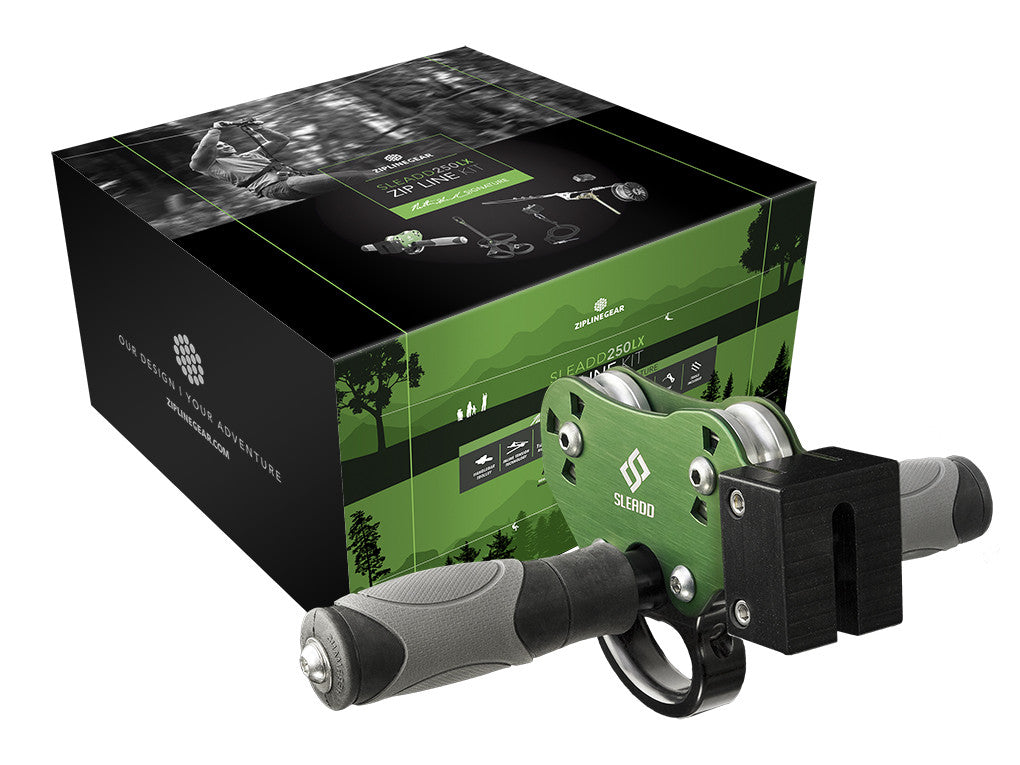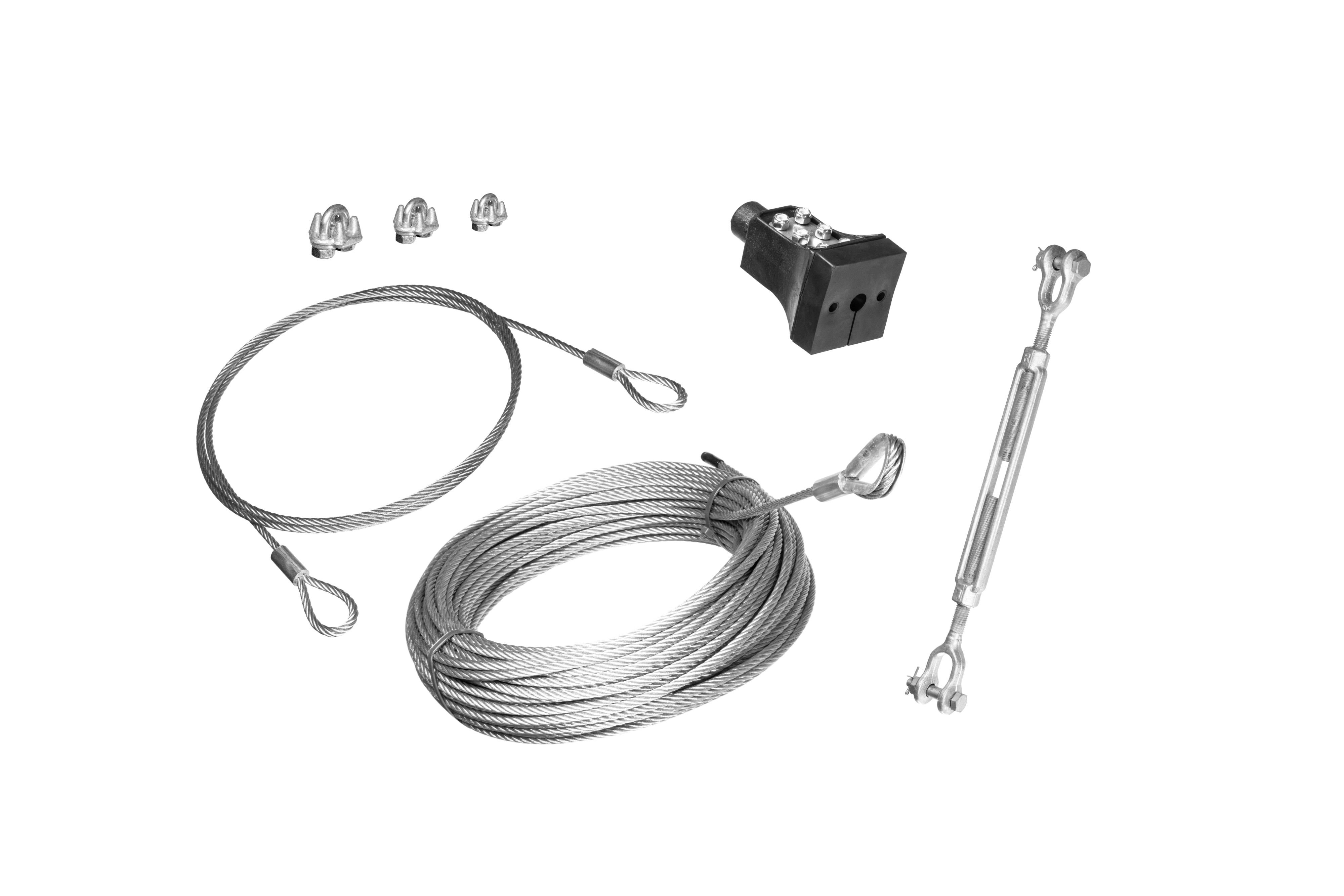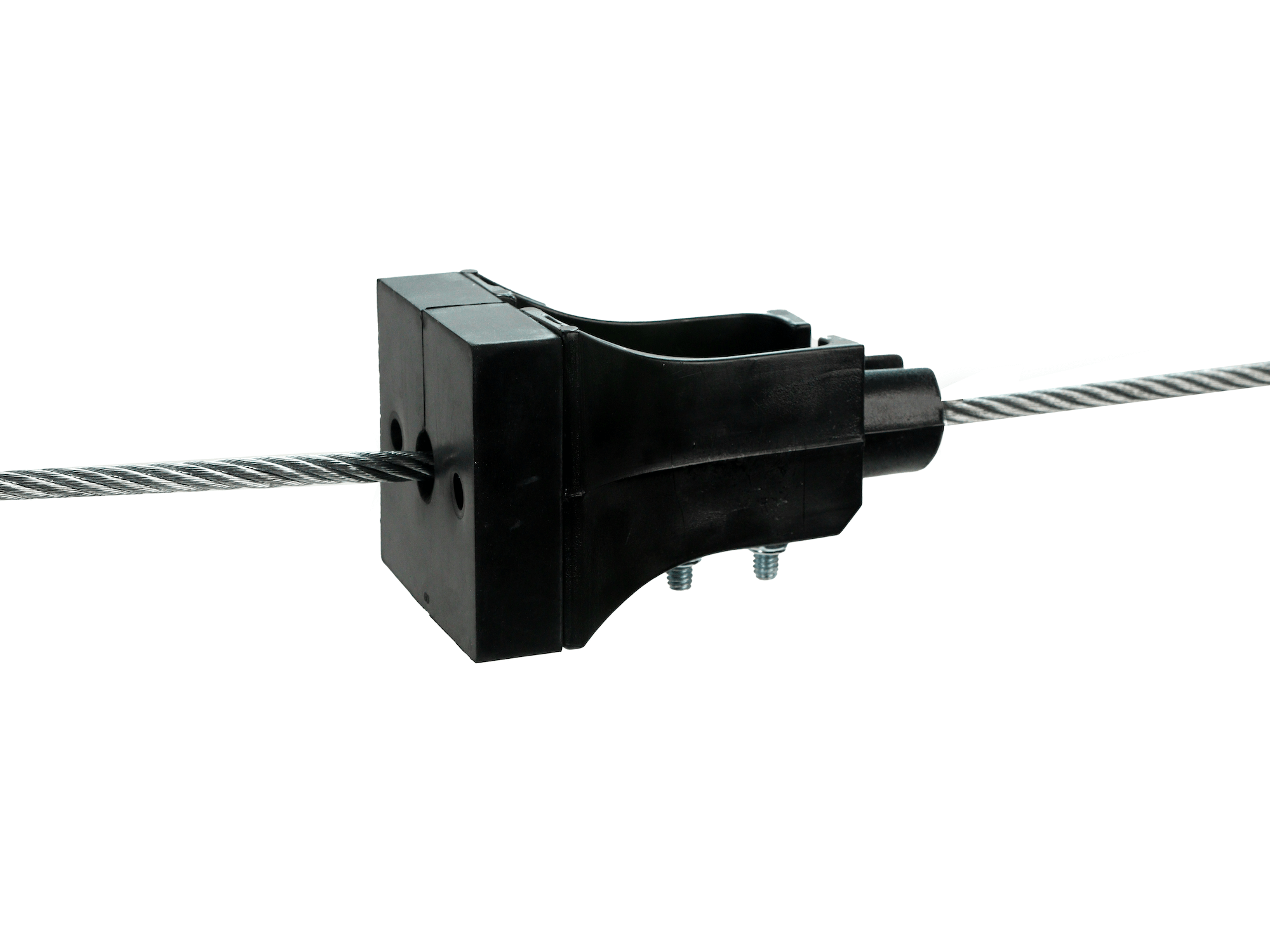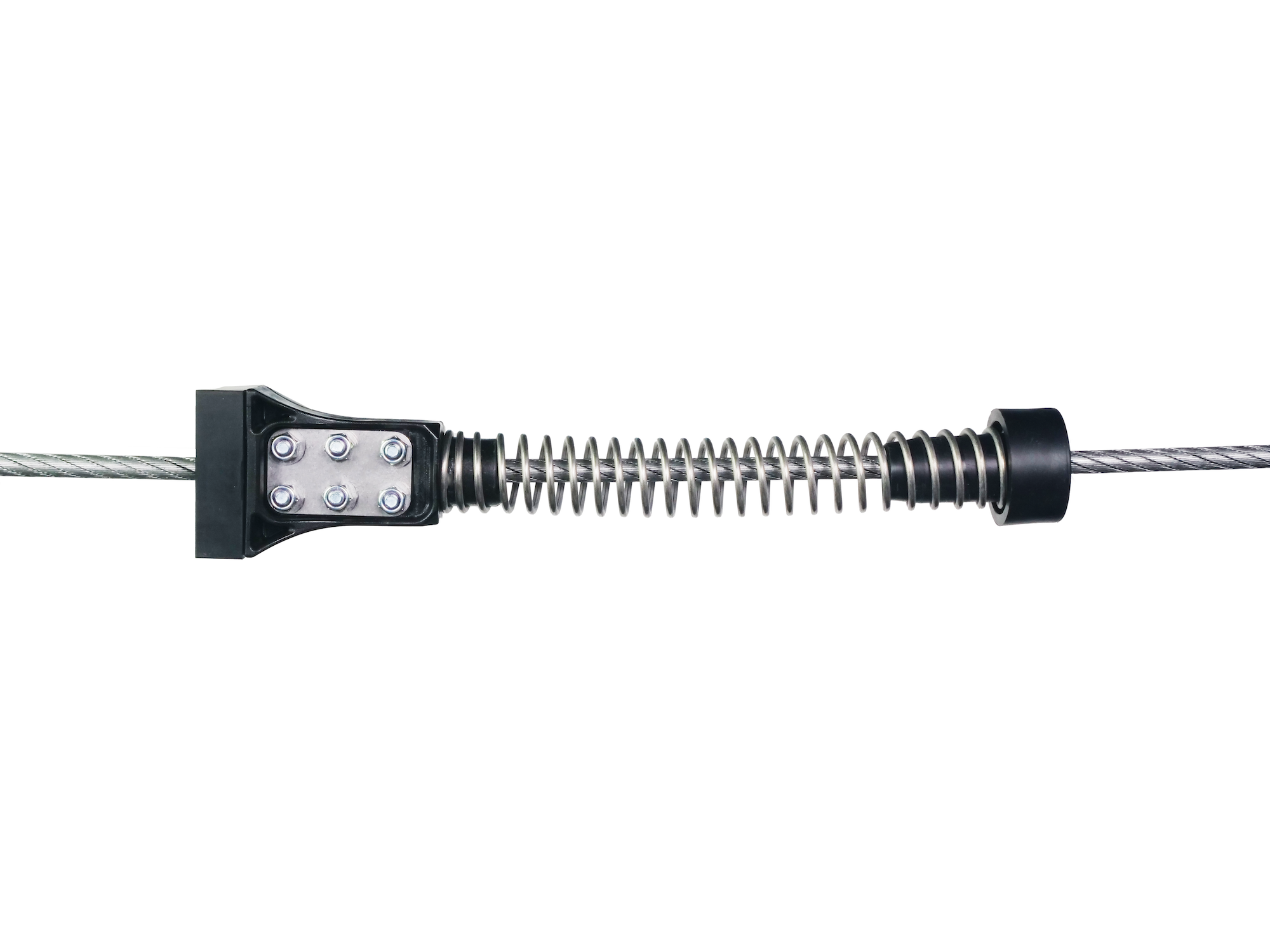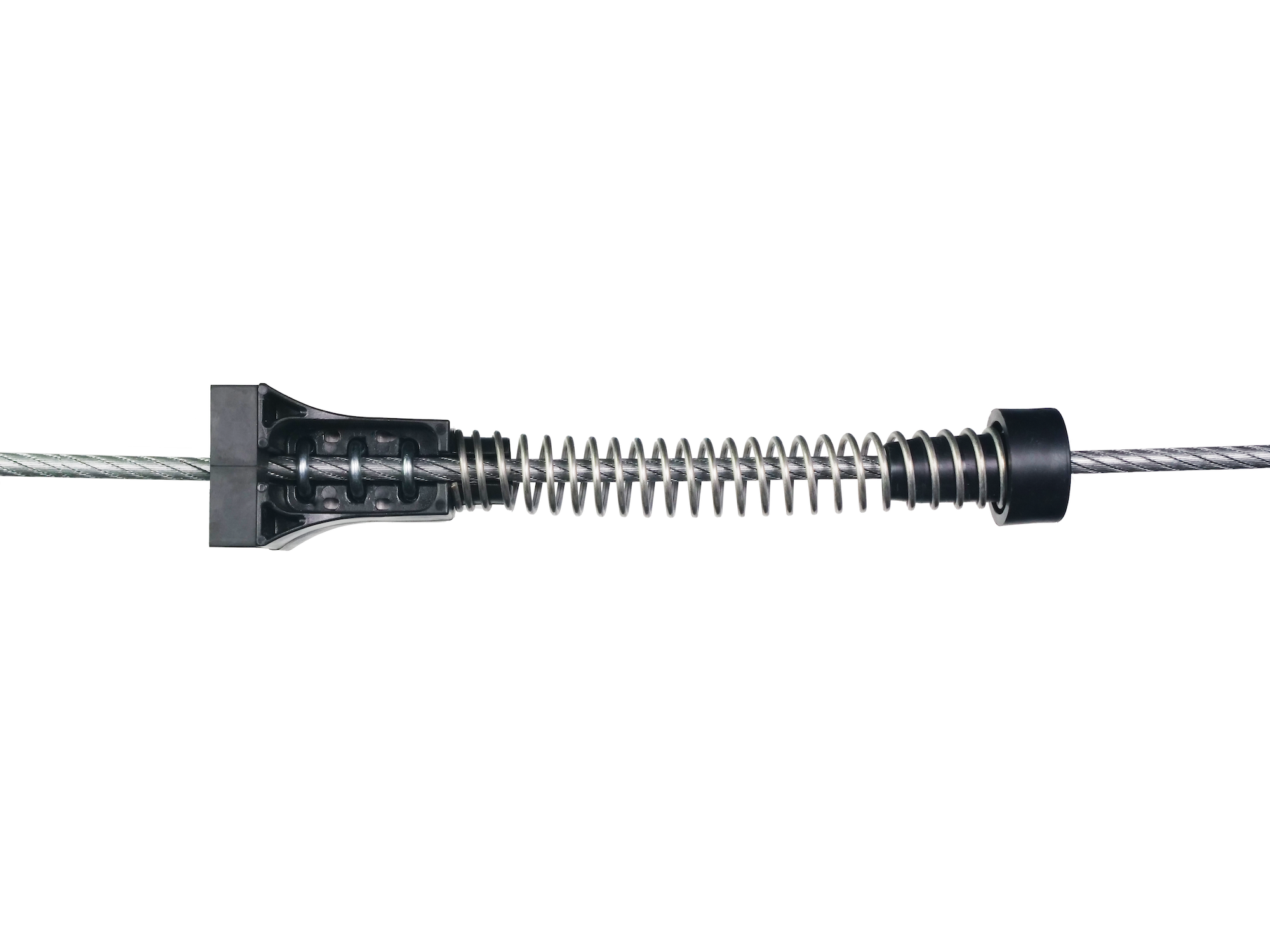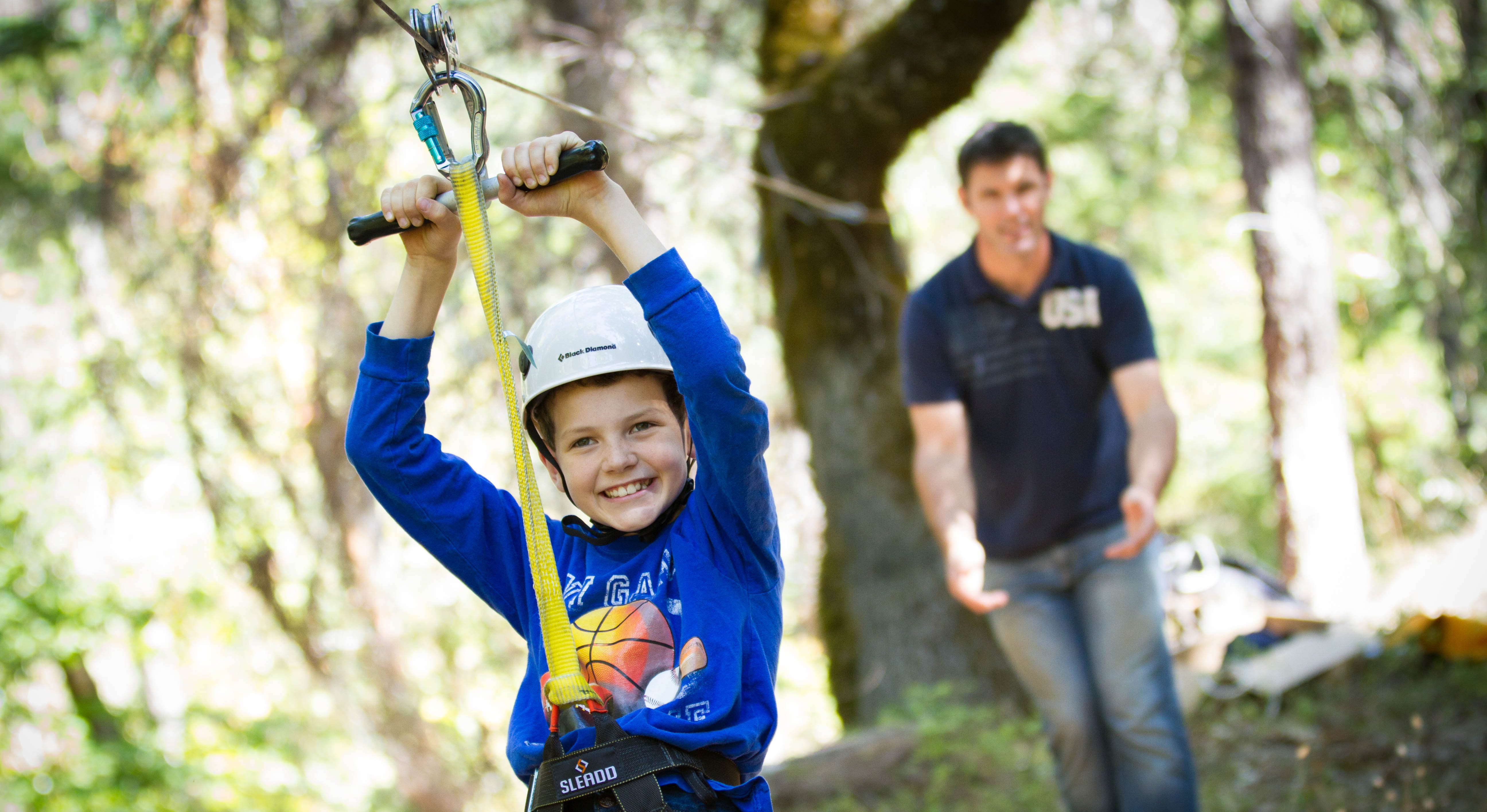
FREE Design consultation
Want to talk with a specialist about your project?
Schedule a free 25 minute consult to help you plan your zip line project. Plus you'll receive a discount code to help with your order!
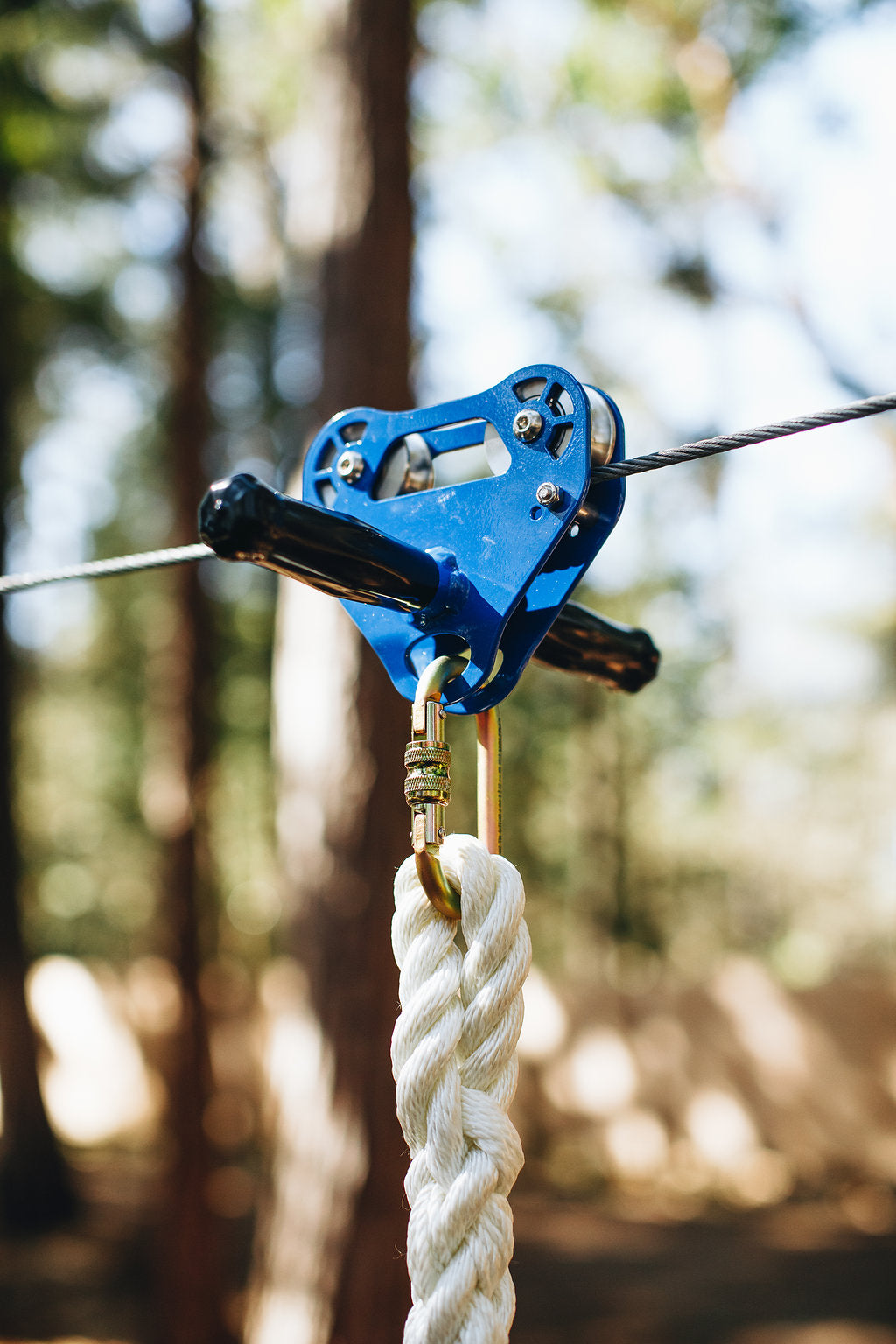
Zip Line University
Explore Our Knowledge Base
Installing a planning a zipline can seem like a daunting project. We're here to demystify the process!
Learn more about zipline installation
FAQ
How do I measure elevation change in my backyard?
Please refer to the manual that comes with your kit for specific installation instructions.
Stand at the end tree and hold a 4 FT Carpenter’s Level like a rifle. Holding one end up to your eye, point the opposite end at the base of the starting tree, right where the dirt and tree meet. Make sure the bubble is between the two hashes indicating level (crouch down if your yard has a minimal slope or climb a ladder if your yard has lots of slope).
Once you have the level aiming at the base of the starting tree, measure from the Carpenter’s Level down to the ground. This measurement is your natural elevation change.
If you have questions, please do not hesitate to give us a call at 888-476-3701
How do I figure out the slope for my zip line?
Please refer to the manual that comes with your kit for specific installation instructions.
The slope determines the speed of the zip line. Essentially this is the angle you set the cable at between the two trees. The slope is calculated by multiplying the distance between your trees times .03 or 3%.
More details on Slope can be found in the Zip Line Gear handbook included with your purchase. You can also view a digital version of the “Cable Slope & Sag” right here. We recommend finding a landscape with a natural slope of 3% to 6%, This is a 3’ - 6’ foot drop per 100’ feet.
For zip lines that will NOT utilize a Bungee Brake System, (a Stop Block is NOT a braking system) the maximum allowable slope is 3%. For zip line setups that include a Bungee Brake, the maximum allowable slope is 6%.
!!WARNING!! Zip line must never exceed 6% (6’ foot drop per 100’ feet) riding slope. High speed collision with end point may cause injury or death.
I don't have trees. Can I use posts?
Yes you can, but you need to carefully read the instructions for how to select, and install posts in the Backyard Zip Lines handbook included with your purchase. Alternatively, you can review the information in the digital version of our handbook right here.
If you are in any doubt as to how to properly select and install a wood post, please do not hesitate to contact us at 888-476-3701.
Recommended for You
- Choosing a selection results in a full page refresh.
